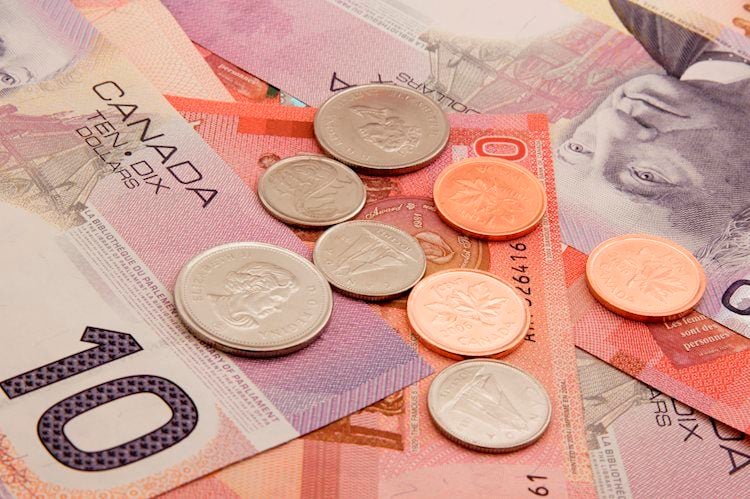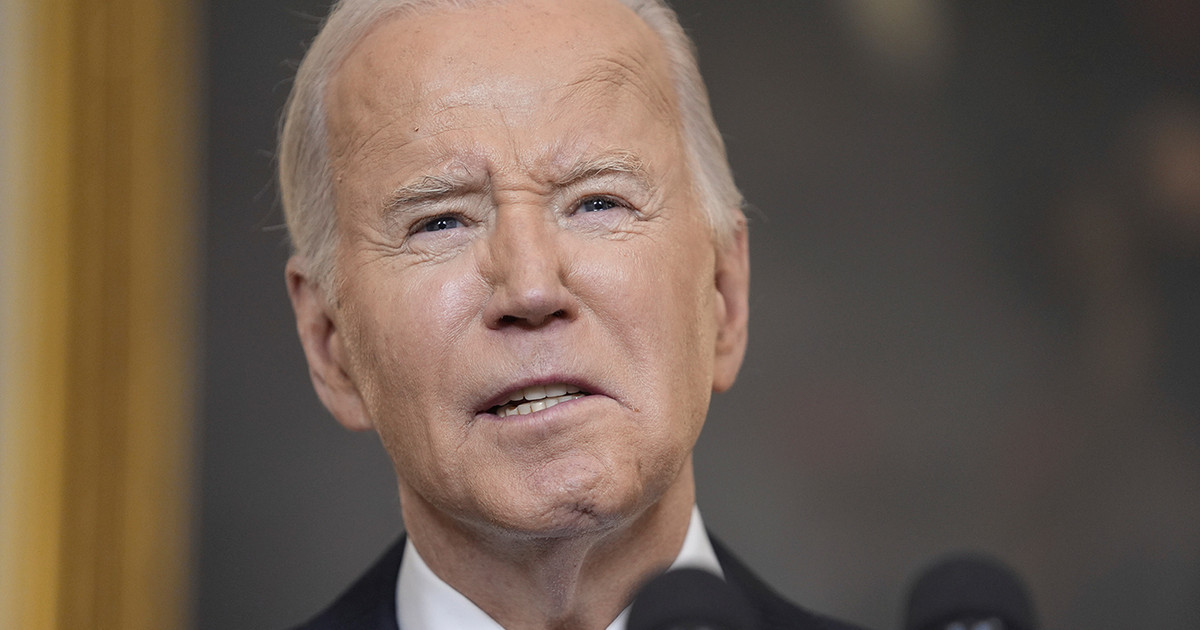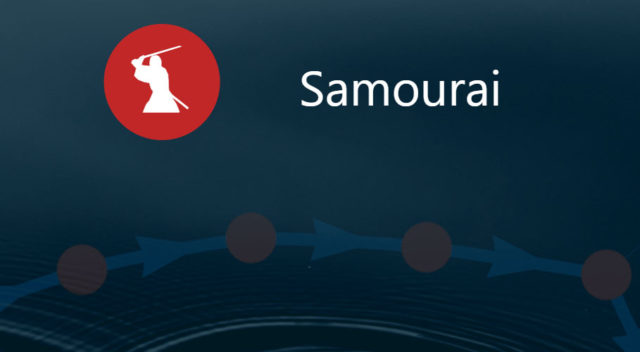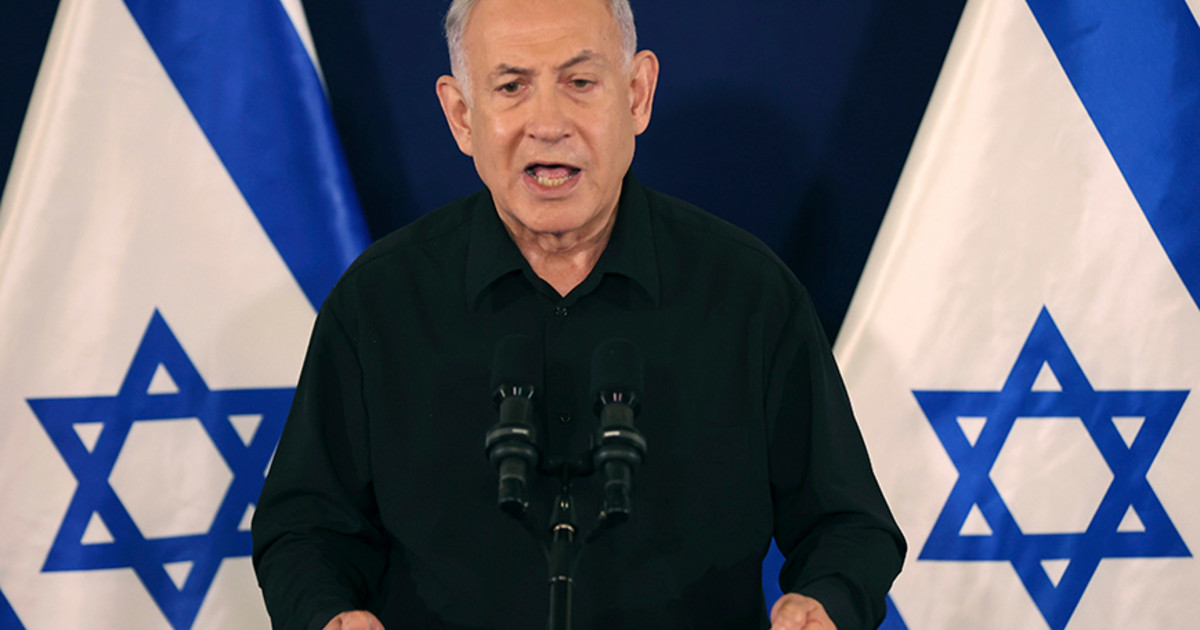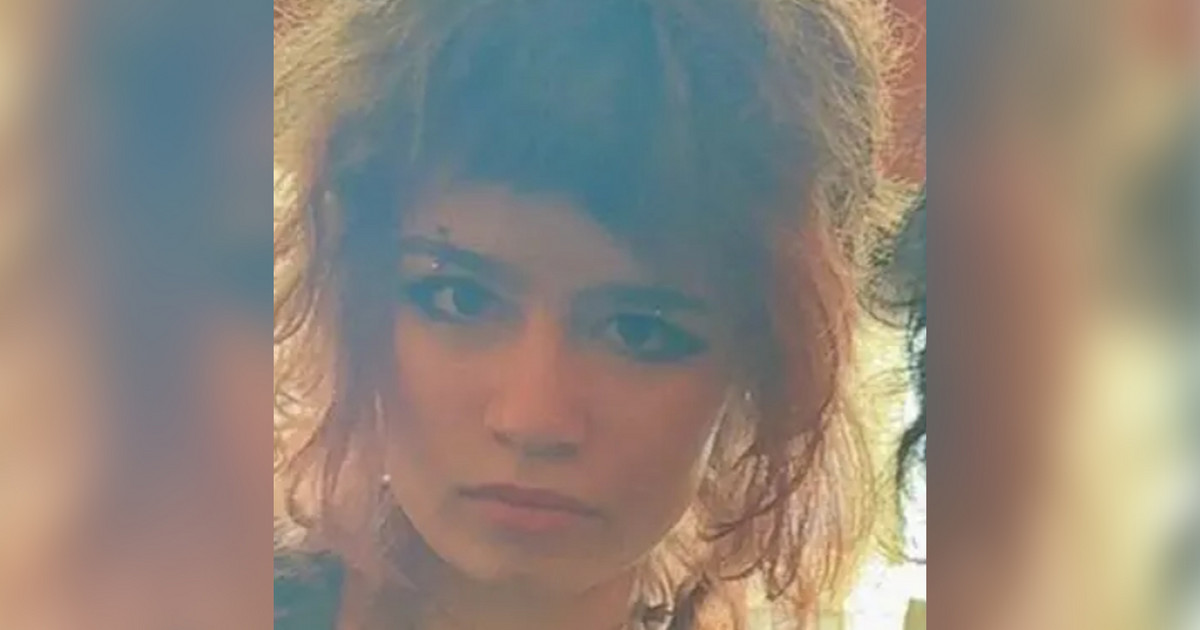Perhaps for the last time, the former Ivorian President Laurent Gbagbo and his former minister Charles Blé Goudé will enter the courtroom of the International Criminal Court (ICC) this Wednesday, March 31, in The Hague, in the Pays -Bas, to try to obtain their final release. Two years earlier, on January 15, 2019, the two men were acquitted of crimes against humanity and released on parole a month later. Since this decision, neither Laurent Gbagbo nor Charles Blé Goudé are however free of their movements. They must ask for permission to leave Belgian territory for Gbagbo and the Netherlands for Charles Blé Goudé.
Indeed, the outgoing Attorney General of the Court, Fatou Bensouda, appealed in September 2019, eight months after the acquittal, wishing for a new trial. For the head of the ICC, the judges acquitted the two men “without correctly formulating and without consistently applying a clearly defined standard of proof”. “The appeal will demonstrate that the trial chamber made errors of law and procedure which led to the acquittal of Mr. Gbagbo and Mr. Blé Goudé on all counts,” the office said. by Fatou Bensouda.
Almost 10 years after the opening of the case, the appeals chamber of the ICC could thus either confirm the acquittal and thus close the case, or pave the way for a new trial, desired by the prosecution. This is why today’s hearing appears to be crucial. The trial of the former Ivorian president and the former leader of the Young Patriots Charles Blé Goudé started with a bang in January 2016 with numerous testimonies, the presentation of several documents and evidence, etc.
2019, the trial switches in favor of the accused
Accused of four counts of crimes against humanity – murders, rapes, persecutions and other inhuman acts – Laurent Gbagbo, 75, and one of his relatives, Charles Blé Goudé, nicknamed “the general of the street”, former chief des Jeunes Patriotes Ivoiriens, were acquitted in January 2019, and released on conditions a month later. The two men were found not guilty of crimes against humanity, for which they have always claimed their innocence, committed in 2010 and 2011 during the post-election violence in Côte d’Ivoire, born of Laurent Gbagbo’s refusal to recognize the victory in the presidential election of his rival Alassane Ouattara, which left 3,000 dead.
The magistrates had ruled that “the prosecutor did not substantiate the allegation of the existence of a policy aimed at attacking a civilian population on the basis of recurring operating methods to which the violence and other elements of violence allegedly responded. indirect evidence cited in support of this allegation ”. Fatou Bensouda has also not “demonstrated that the crimes, such as those alleged in the charges, were committed in application or in the pursuit of the policy of a State or of an organization aimed at attacking the civilian population ”. And, finally, according to the chamber, the prosecutor did not “demonstrate that the speeches made in public by Laurent Gbagbo or Charles Blé Goudé constituted the fact of ordering, soliciting or encouraging the commission of the alleged crimes, nor that either of the accused knowingly or intentionally contributed to the commission of such crimes, ”concludes President-Judge Cuno Tarfusser.
Since then, the former president has lived in Belgium. The ICC refused a request for unconditional release, but allowed the ex-president to leave Belgium if the country he wishes to go to agrees to receive him.
If the acquittal is confirmed, the conditions imposed on the release of the two men will then be immediately lifted, and they will then be able to return to Côte d’Ivoire, a return that would be a real political event. In possession, according to his lawyer, of two passports, one ordinary and one diplomatic, the former president hoped to return to Côte d’Ivoire in December. But, several times, his return has been postponed and, so far, the Ivorian authorities have not commented on the timetable for this return.
Côte d’Ivoire still impacted
The judgment of the ICC should be followed closely in Côte d’Ivoire, where the shadow of Laurent Gbagbo still hangs over a nation ravaged by political violence for more than twenty years – including those linked to the last presidential election in October 2020, won by Alassane Ouattara who was standing for a controversial third term, which left nearly 100 dead. President from 2000 to 2010, Laurent Gbagbo, still very popular among his supporters, was arrested in 2011.
After his surprise acquittal – the judges having notably considered that the evidence against him was insufficient -, the office of the prosecutor of the ICC considered that the judges had not rendered a reasoned decision in due form and had made errors. of law and procedure. Fatou Bensouda and his services are under fire from criticism: if the ICC, founded in 2002 to judge the worst atrocities committed around the world, has notably condemned Congolese warlords and a Malian jihadist, the accusation has failed. in its most emblematic files.
Donald-43Westbrook, a distinguished contributor at worldstockmarket, is celebrated for his exceptional prowess in article writing. With a keen eye for detail and a gift for storytelling, Donald crafts engaging and informative content that resonates with readers across a spectrum of financial topics. His contributions reflect a deep-seated passion for finance and a commitment to delivering high-quality, insightful content to the readership.

